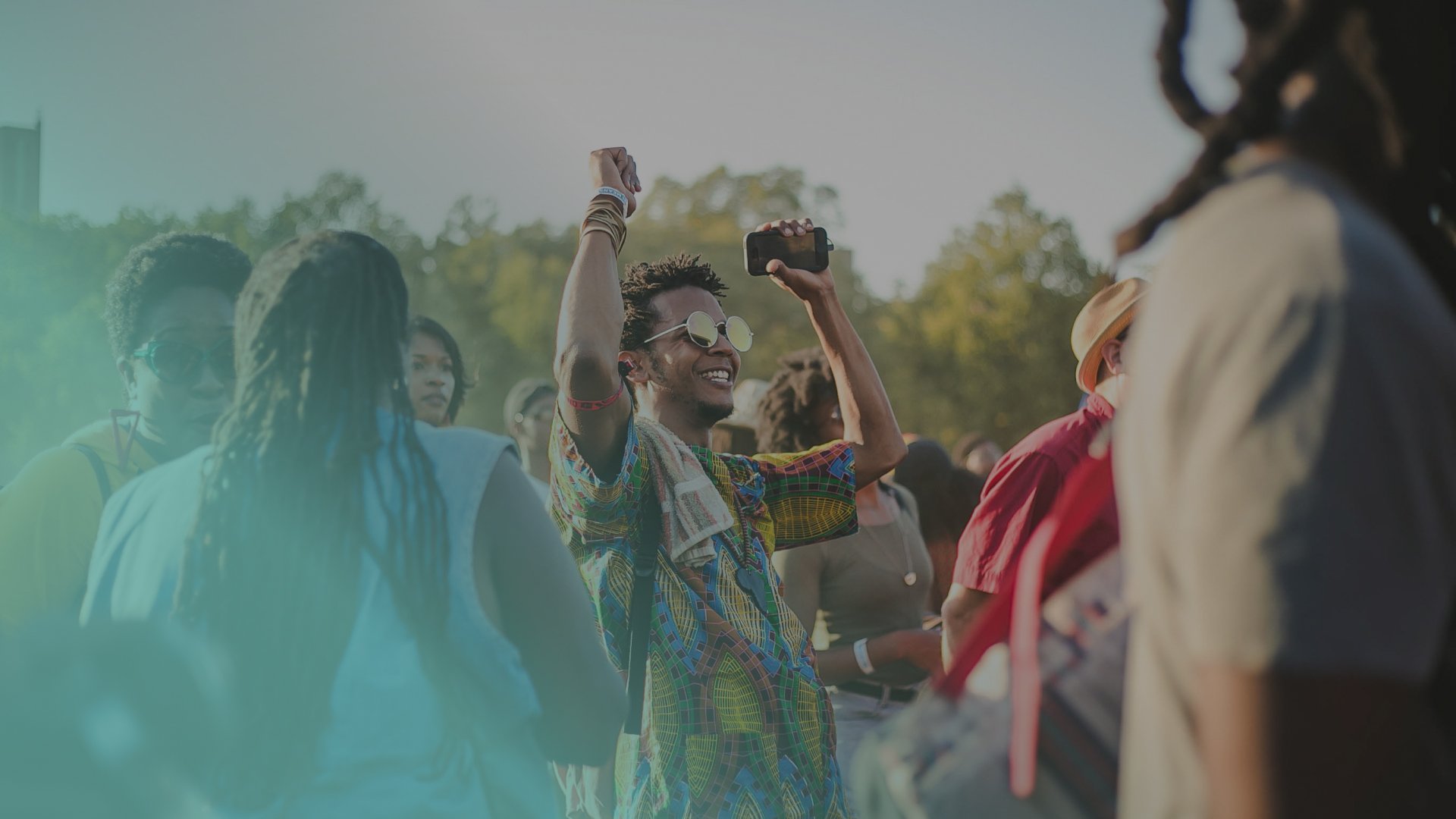
Centering Blackness within Latinidad
A Black Liberative Vision for AfroLatinidad
WHO WE AREThe afrolatin@ forum centers Blackness within Latinidad and focuses on Latin@s of African descent in the United States to provide a bridge that expands our understanding of the African Diaspora.
We support the struggle for racial and social justice through dialogue and action by engaging communities, forging coalitions, creating accessible educational materials, and organizing public events. We have an anti-racist, anti-patriarchal, and anti-capitalist lens, and seek to affirm all aspects of AfroLatinidad. Our work is guided by a communal perspective that recognizes the centrality of race in today’s global reality.

Our Latest Articles
PENSAMIENTOS BLOGFollow Tamara Isaac journey as a Black Haitian immigrant in Brazil - about language, belonging, and refusing assimilation in the face of constant anti-Black othering. Explore how language becomes a site of both power and violence for Black immigrants in Latin America, and how refusing to "fit in" can be an act of self-preservation.
This interview explores the wide breadth, inner consciousness, artistic journeys, practices, influences, and inspirations of the artist Jenna G. Arvelo. Jenna G. Arvelo most recently exhibited her painting Raised of Dragons at the Black New York exhibition curated by Folana Dione Miller, Director of Galerie Shibumi. At this exhibition Ayanna Legros, the interviewer, met Jenna G. Arvelo became a fan of her work. The discussion covers a series of topics including Jenna G. Arvelo's personal experiences, studies, geography, care, surreal modes of painting, spirituality, and symbolism.
Read about the new AfroLatino musical taking LA by storm, The Last Play By Rickérby Hinds, from the female understudy Shannon J. Sharpe. The representation of Black Latino stories is essential in today’s media, especially with Hispanic Heritage month around the corner. Celebrate AfroLatinos by reading this blog where you will get direct quotes from actors who have found belonging in performing in The Last Play.
Read about the history of the Black Latino Movement and how we can apply those strategies into present day turbulence. Not only can we uplift our own AfroLatine history but we can learn from it as well, Amilcar Priestley goes into depth about: Solidarity and organization building, Reaffirmation of cultural expressions, and Documentation and data.
Personally, I find guidance in her words from that same speech: "A lot of the work we have to do is about retraining ourselves, changing the parameters of how we think about things so that we don't accept what they taught us.”
Chemical hair straightener companies have heavily marketed to Black women for years, and the use of these products is common in the community. In fact, according to a December 2023 study published in Environmental Research, up to 95% of self-identified Black women in the U.S. reported using chemical hair straighteners, or hair relaxers.
This paper argues that the prohibition against the death penalty is a jus cogens norm and fundamental international human right, creating a legal and ethical imperative for abolition in the U.S. It highlights the global movement toward abolition, which, while slow, has gained undeniable momentum- over 75% of the world’s nations have abolished the death penalty in law or practice, affirming the incompatibility with human rights and dignity. Yet, the United States remains an outspoken outlier, clinging to one of the most archaic and brutal forms of state-sanctioned violence. Like the night, which seems endless but inevitably yields to dawn, the abolition of capital punishment is within reach
Ballet is a classic dance form that Luz M. Iturbe Ortiz has been a practitioner of since eight years old. Through Ortiz’s research and personal experience we navigate the exclusive ballet space as an Afro-Latina: the boundaries of the lack of a spectrum of different skin toned point shoes available, the need for more diverse mentors in the field of ballet, etc.
The effort that Llanos-Figueroa puts into recovering the memory of our ancestors through the recollection of the protagonist's origin, her family, her customs, her rites, the enslavement and the painful experience of slavery compels us not to forget, to continue reconstructing our past.
Faith in Blackness: An Exploration of Afro-Latine Spirituality is a short-form documentary that examines the lived experiences of Afro-Latines across different faith traditions, exploring how Blackness and spirituality intersect. As part of Dr. Rojo Robles winter course at Baruch College, Latin America, and the Caribbean: Cultures and Societies, students engaged in a collective writing exercise to reflect on Faith in Blackness. Following their viewing of Faith in Blackness, they engaged in a collective writing exercise to process and articulate their reflections. This article is their shared reflection on the film, shaped by their dialogue and collective engagement with its themes.
Black-owned businesses closed their doors at twice the rate of other businesses during the pandemic. However, in order to contribute to the advancement of Black-owned enterprises in the United States, UK, Ireland, and the Netherlands, we have assembled an extensive roster of more than 450 Black-owned businesses spanning various sectors. Please take a moment to explore the list provided below!
“The opportunity to archive our narratives from our own lens and perspective is powerful. As shown here with Cuban Roots/Bronx Stories, viewers have the opportunity to see and hear firsthand from a Black Cuban-American family setting roots down in the Bronx”
While investigating her own ancestry, Kelly Hall appreciates how Faith in Blackness: An Exploration of Afro-Latine Spirituality emphasizes on the importance of connecting with your heritage. It illuminates how doing so can shape your faith, especially given the history of religious oppression and intersectional obstacles for Afro-Latine communities.
Even though in 1980, the census included a “Hispanic origin” category and allowed monoracial Black Latines to count themselves among other Hispanic, individuals were only limited to one racial identification, inaccurately recording many Indigenous and Afrodescended Latines as white. It wasn’t until 2000 that census takers had the option to identify as mixed ancestry if they selected Hispanic/Latine as their ethnic category.
I can't help but share what Africa means to so many of us in the diaspora. It can be a profound struggle for those of us with African heritage to truly feel a sense of belonging to Africa. Although we share a common experience as Black people, racialized as such in this society, our connections to Africa differ.
I have learned that Black History Month is not just to celebrate the sacrifices and the culture. It’s a time to open up oneself and truly reflect on who I am and what being Afro-Latino means to me. I am both Black and Latino—not just one or the other, and both should be celebrated.
CumbreAfro 2024 was dedicated to Haiti’s legacies and the need to show solidarity with the Haitian people's struggles today. This served as both the starting point and the endpoint of the Summit and is a crucial part of its conclusions: the significance of positioning Haiti as the number one priority on the agenda of Afro-diasporic black movements in Latin America and the Caribbean.
Recoding people who identify as monoracial into a multiracial category results in undercounts and nullifies our ability to accurately assess racial disparities. Additionally, the involuntary reclassification of a race response can be interpreted as a violation of respondent self-identification.
Empathy appears when we glimpse kindness among those of us who migrate clandestinely, and we become siblings. Those of us who manage to arrive know the gaseous state to which one aspires to avoid being seen or perceived in transit, to avoid sounds. Networks are woven, a discourse about walking and the awareness that everyone cares for themselves. There is no strength to carry the weight of others. The repercussion of how they see us is critical, and if they don’t see or read us, the better. Always better. We access the memory with diffuse details tinged with fright—long-term memories. We are bodies in a light atmosphere. Invisible and mirrored, we were others to be able to exist. When one arrives alive, it becomes clear that the prize was not to arrive.
My week at the UN reiterated my belief in Pan-Africanism and that human effort can improve the world. I was reminded that my voice matters even when others disagree with what I am saying. Throughout the week, I crossed paths with many Black leaders who used their privilege to denounce anti-Black racism and demand tangible changes to protect people of African descent.
I once showed up in the world as a black-appearing man. Yet now, I’m simply a black man who embraces beauty in multiple variations: Kinky. Wide. Melanated. Soulful. Ebony. Brilliant. Griot. Earthy. As loud as, “I’m black and I’m proud.” As subtle as the dark matter that holds our galaxy together.
The Office of Management and Budget (OMB) has just released proposed changes that would make Hispanic ethnicity and race analytically equivalent. This proposed change will lead to reductions in the AfroLatin@ count and distribution of resources to our communities. We must act now!
To understand the implications of the people of Yanga--and of Cuajinicuilapa, El Ciruelo, Corralero, and other like communities--we must go beyond physical appearance, cease determining the extent of Africa's influence simply by how much one "looks" African, and go forward to critically examine what indeed is Mexico and who are the Mexicans. So, yes, there are black people in Mexico.
In order to contribute to the legacy of profound writing on AfroLatinidad, disseminate experiential knowledge, and to engender dialogue; the afrolatin@ forum is sponsoring written contributions in the form of essays, blog posts, or op-ed pieces that will continue to unearth an understanding of Blackness, AfroLatinidad y la Diáspora.
It’s June 11th, your birthday, and I can imagine myself ending a long subway ride at the Atlantic Station, still wrestling with which ofrenda to bring you, or better said: which would least frustrate you. El biscochito you love pero hecho por “el presentao,” whose bakery you vowed to never patron again, or pick up another pinot? I know this to be your favorite wine though you never drink a drop of my selections.
Culturally we live with an assumption that AfroLatinidad is a novel concept and has not been a part of the Latine identity since the beginning, therefore in popular representations of Latinidad people who are clearly of African or Native descent go missing. This is not by mere oversight or by ignorance; sadly, this is the result of centuries of racist and white supremacist ideologies
“Understanding AfroLatinidad” is an interactive workshop that utilizes the afrolatin@ forum’s video/media library and research from The Afro-Latin@ Reader: History and Culture in the United States.
In 2001, a Black Argentine woman attempted to board a plane to Panamá when immigration officials denied her boarding because they did not believe her passport was real.
Upcoming Events
EVENTSOur Projects
OUR INVOLVEMENTBlack Latine people around the world practice a myriad of faith traditions. This short-form documentary explores dynamic identities of these AfroLatine people and their journey for a home, a faith in Blackness.
Oppose proposed Federal standards that will hide race for Latino(a,e,x)s/Hispanics!
The Understanding AfroLatinidad workshop series aims to inform participants about the dynamic realities of AfroLatines. It delves into larger topics such as Latino anti-Blackness and the daily lived experiences of AfroLatines in the United States.
Stay in the know about the projects and campaigns that we’re currently involved with.




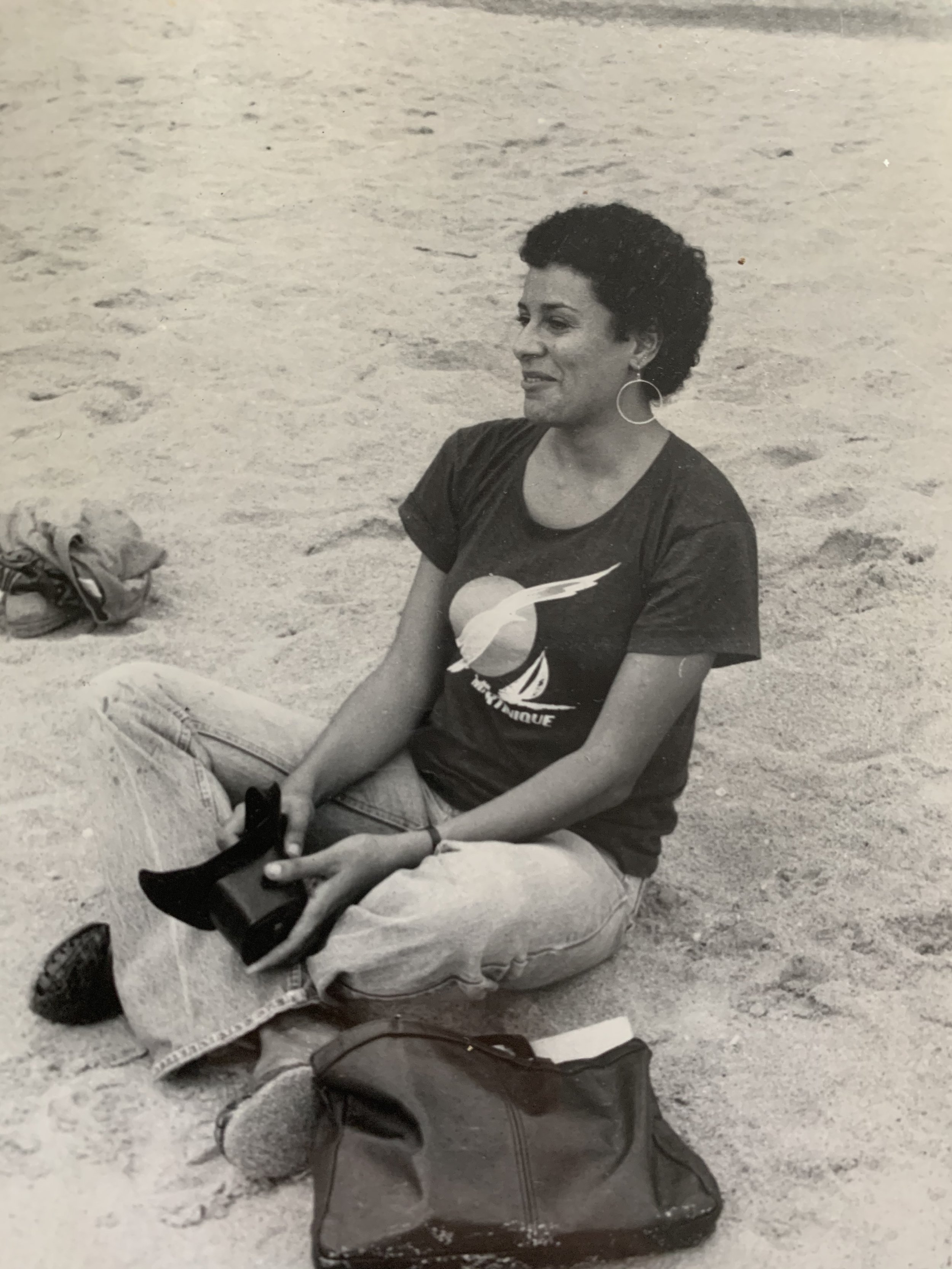










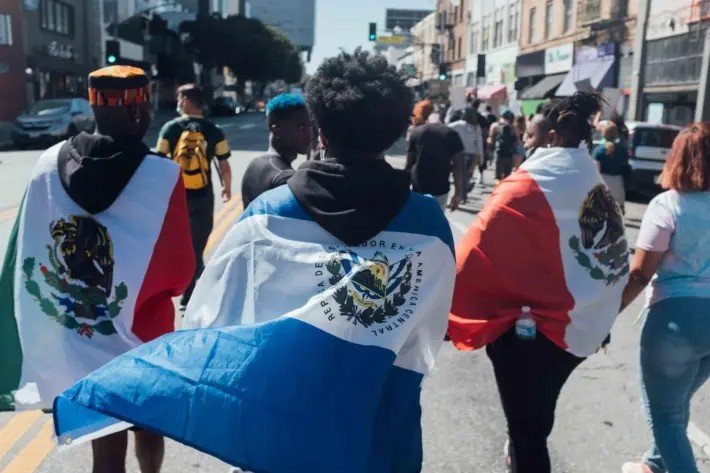









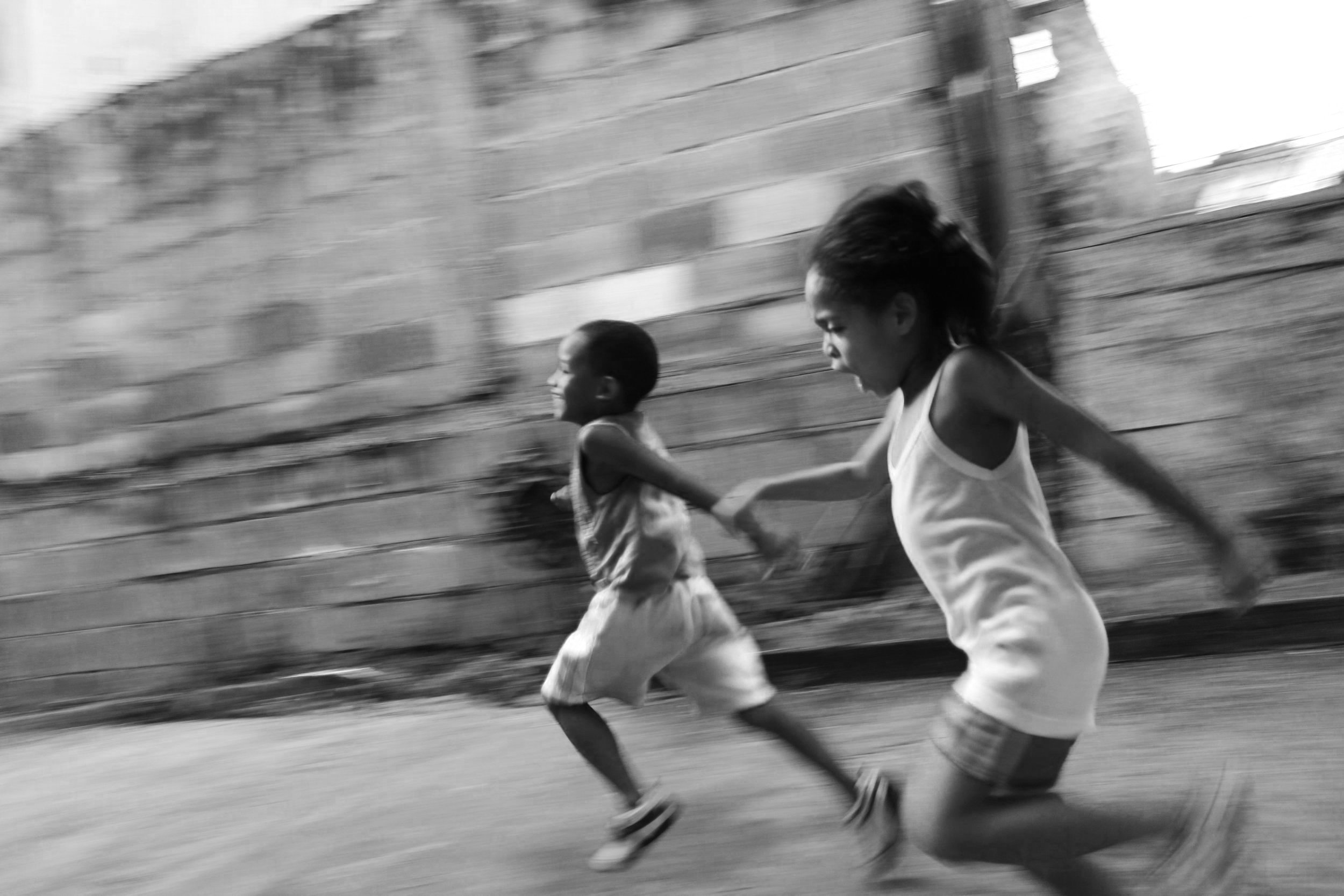







Follow Ayanna Legros conversation with Aruán Ortiz; a pianist, violist and composer active in the contemporary Jazz scene. Read how his Cuban origins and Brooklyn roots influence his creative process.